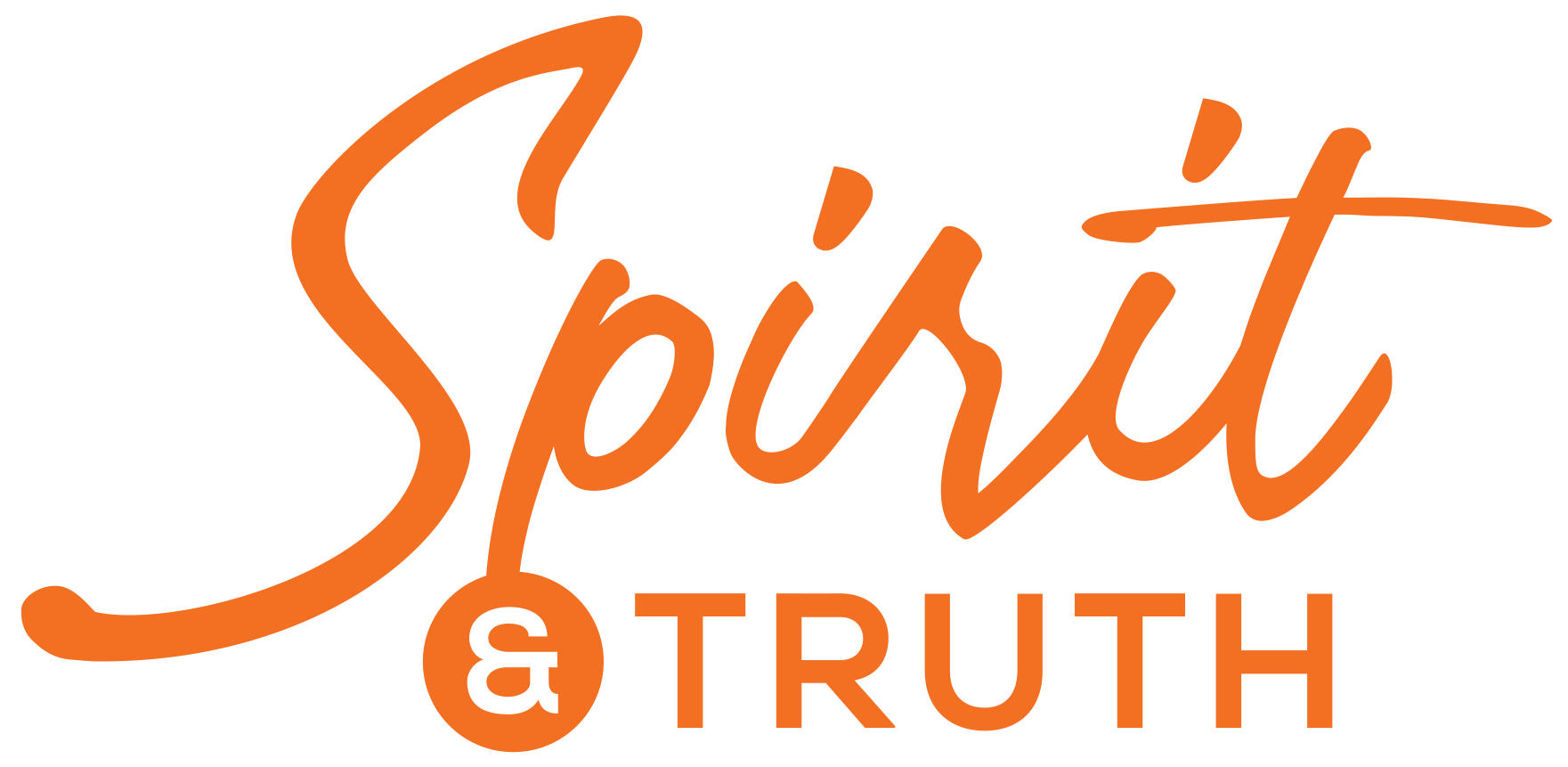The Blessing in Admitting Our Spiritual Poverty
From a hike in Denver
This week I have been helping to lead a retreat for twelve pastors from around the country. We all gathered in Denver, Colorado, and together sought the Lord at a retreat center right in the middle of the Rocky Mountains. It has been a beautiful time and the Spirit of God has met us in palpable ways.
During our time together one of the themes I have noticed among this group of spiritual leaders is a holy longing. There is a collective admission of lack and the need for God to fill holes in our lives that we have not managed to fill on our own. For some, it has been the admission of ministry fatigue, a wearing down of pastoral life where the motions start to lose their meaning. For some it has been an admission of a need for healing, acknowledging wounds we still carry that impact the way we live and lead. For some, it has been an admission of dryness, an honest confession of walking through a spiritual desert.
Yet in all our honest confession of lack, God has met us with his provision. Even in naming aloud to others what we need from the Lord, new life has started to blossom. In naming the dry places before the Lord and others, there has been a new flow of living water.
Today I felt prompted to read the beatitudes in Matthew 5 and something struck me that I had not really thought about before. Nearly all of the beatitudes correlate blessing with those who know they are lacking something. Each line that Jesus offers speaks to a group of people who are needy in some way.
“Blessed are the poor in spirit, for theirs is the kingdom of heaven.”
Blessing comes to those who understand their spiritual impoverishment.
“Blessed are those who mourn, for they will be comforted.”
Blessing comes to those who are honest about their lack of consolation.
“Blessed are the meek, for they will inherit the earth.”
Blessing comes to those who recognize their own strength is not enough to impose their will on others.
“Blessed are those who hunger and thirst for righteousness, for they will be filled.”
Blessing comes to those who understand they do not yet possess enough righteousness, for if they were already full there would be no need to hunger for more.
What if our greatest barrier to blessing is not admitting our needs? What if our greatest temptation is attempted self-sufficiency? What if the way to unlock the power of God in our lives is not to manufacture something more, but to get low and admit our desperation and spiritual poverty?
Today I want to practice the spiritual discipline of getting brutally honest about my need before the Lord. Today I want to learn more of what it looks like to admit my lack before the God who lacks nothing. It seems to me that honest and holy longing, in the places of our greatest weakness, may be exactly the places where God wants to pour out his greatest blessing.

